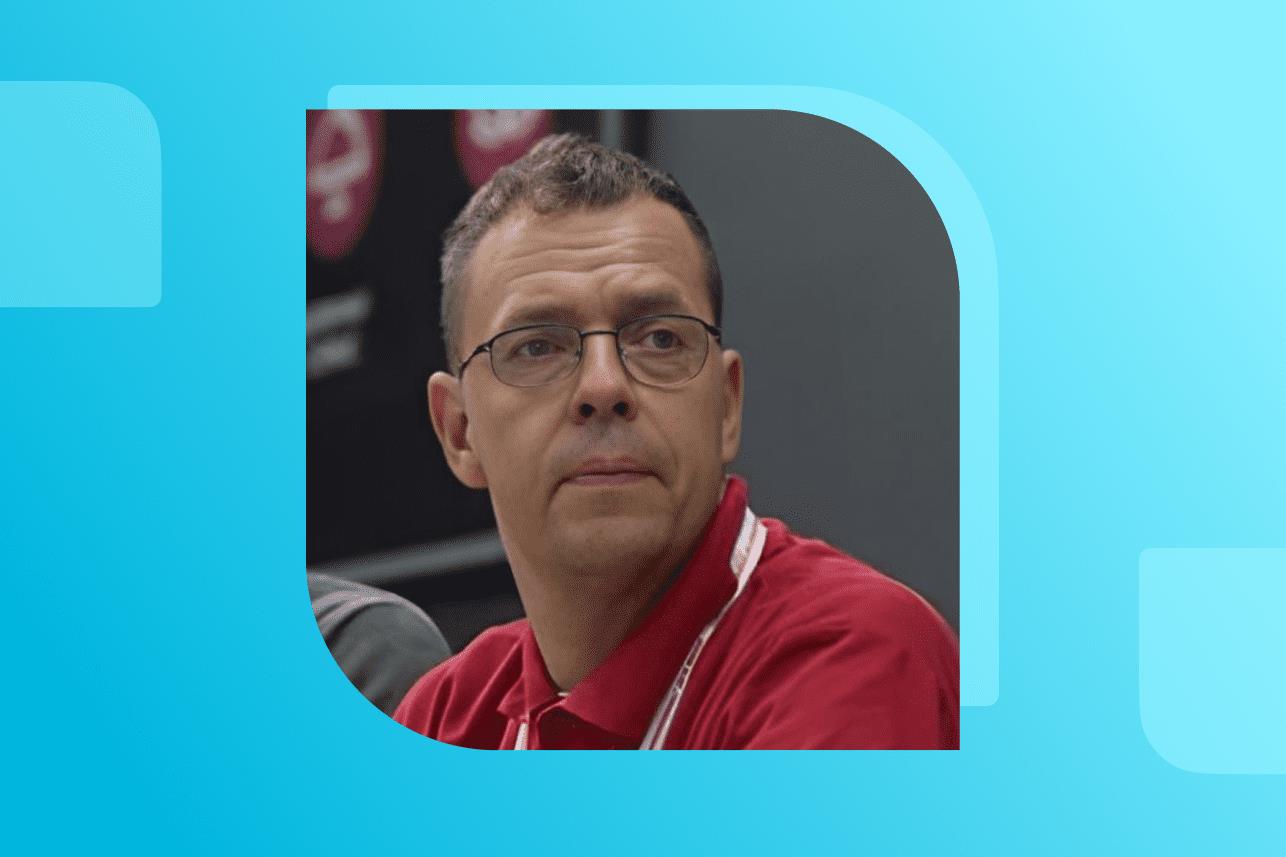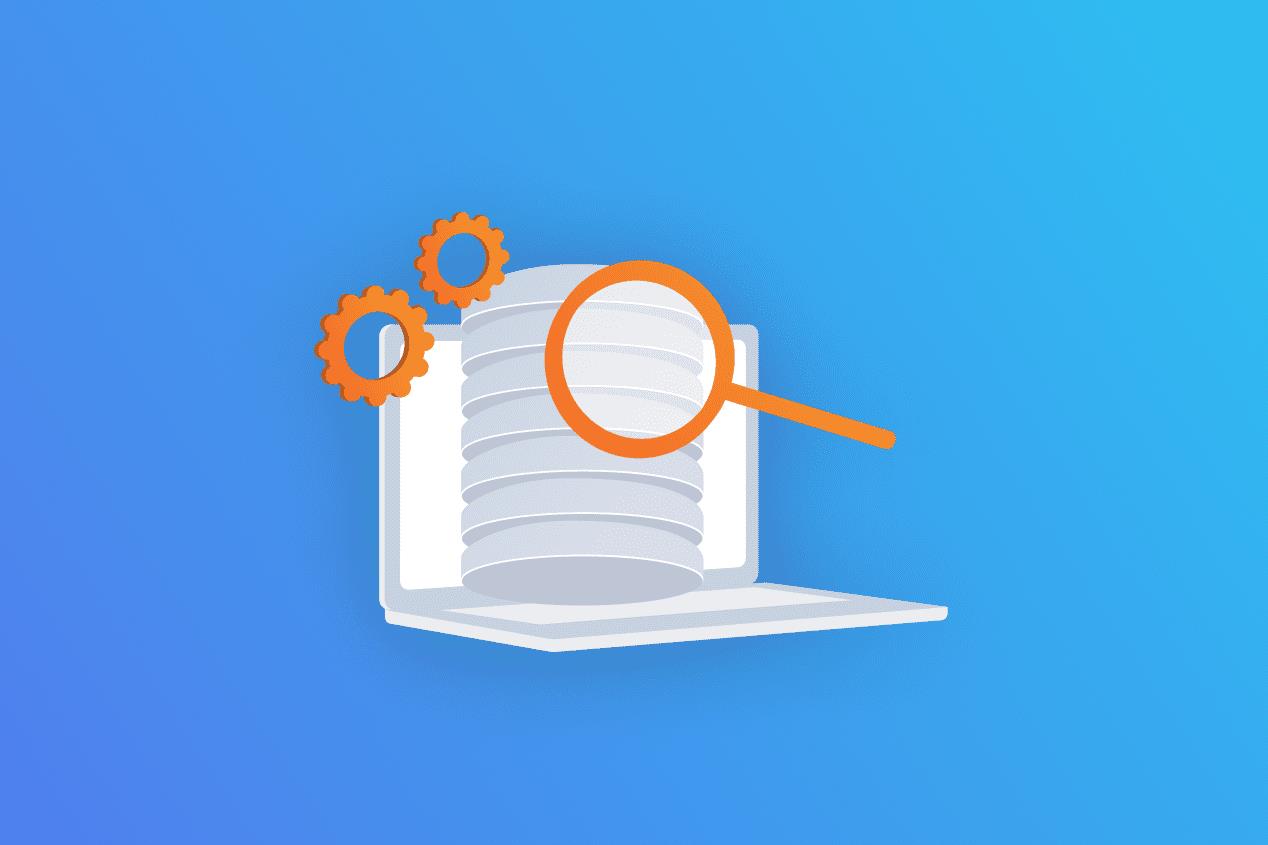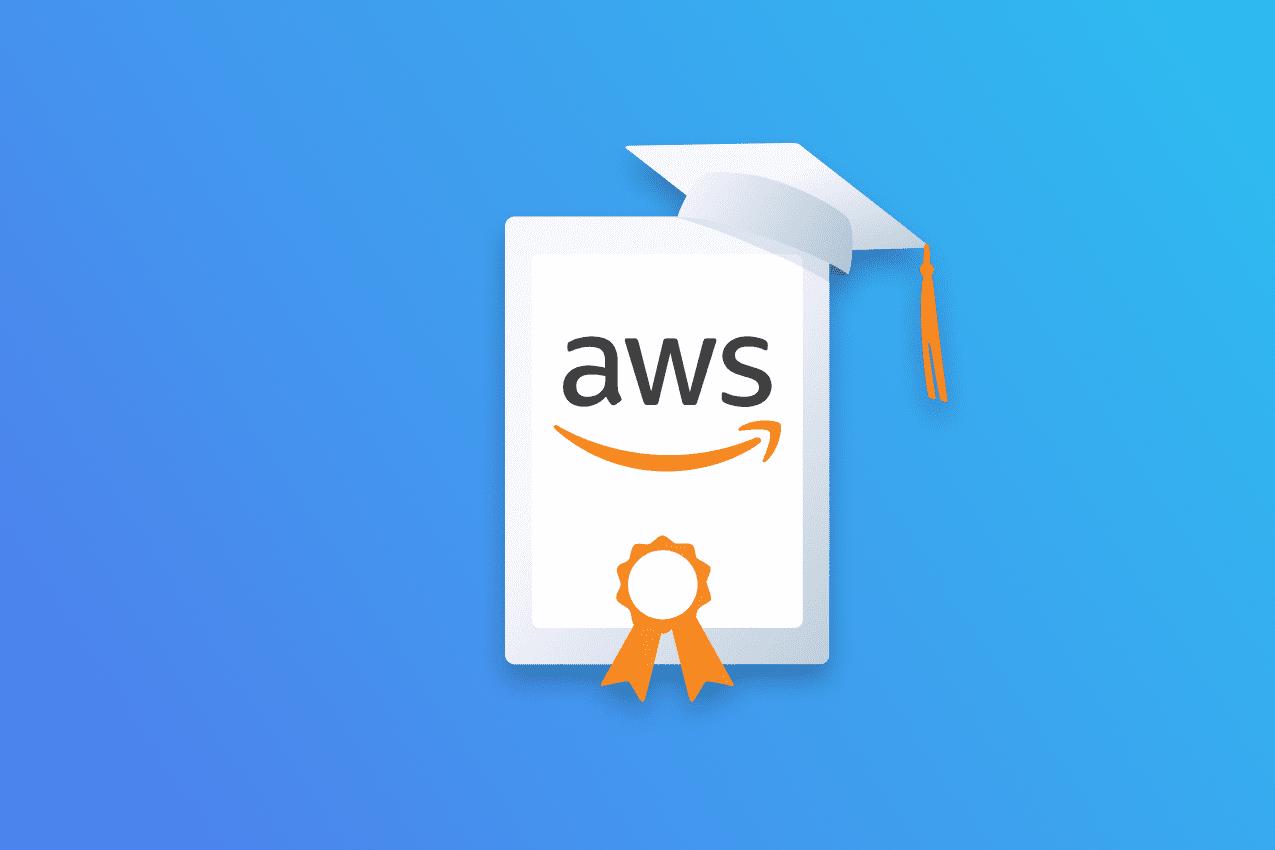It was Anastasiia's longtime dream to study at EPAM. Before that, she worked as a system administrator and later moved to customer support service. She always wanted to learn more about how modern technologies work and build her career in IT; the DevOps training program at EPAM was the opportunity to do just that. Following is Anastasiia’s story in her own words.
My journey to EPAM took almost a year. The external course of the DevOps program lasted three months; after a one-week break, I was transitioned to the internal Laboratory, where the training lasted for about four months. By February 24, I should have started working on a project.
It would have been a good present for my birthday on February 24. Instead of a new project, I got news about the beginning of a full-scale war.
For the first nine days, I practically lived at the Dorohozhychi subway station in Kyiv. I didn't really want to go down there When the war started in 2014, I graduated from school in Donetsk; I got used to the explosions back then. I learned that you should tape up the windows, draw the curtains and stay home. But my boyfriend insisted, so we went to the subway as a safe place. I only had a phone with me. It was virtually impossible to charge it: too many people wanted to charge their devices, and the voltage was too low. I couldn’t study at the time even if I wanted. On March 1, when we were about to leave the shelter, there was a massive explosion: the Russians struck the TV tower nearby. It was a very powerful airstrike. Afterward, we moved to Ivano-Frankivsk for a month to recover from it all, and I eventually returned to my studies. The head of our group contacted the students, checked who was safe and could study, and assigned tasks. Then full-time classes resumed, and a month after the war began, I transferred to one of the EPAM's pro-bono projects.
What helped to master the profession?
After graduating, I studied at Kharkiv Polytechnic Institute, majoring in systems engineering. Frankly, I imagined systems engineering a little differently. Instead of networks, the training focused more on soldering and integrated circuits. So, my prior experience from my time working as a system administrator proved to be highly useful for studying at the EPAM external course.
In addition, I taught myself Python and Bash Scripting. Although, we studied all of this thoroughly at the external course of EPAM.
A transfer from the external to the internal course involves the development and defense of your project and a small interview that covers 3-4 topics and includes several tasks and questions from the topics covered. And some questions may be in English. In preparation for the interview, I worked with a teacher and reached the B1 level. Though the interview topics were quite simple, I was a little jittery, but everything went smoothly. After transitioning to the internal lab, students receive access to many internal resources, including Cloud Guru and LinkedIn Learning. It turned out to be a valuable asset as I saved a lot of time searching the Internet for information on my own.
For all those who are interested: I liked the courses on Terraform and Docker the most. Also, Cloud Guru includes a feature that enables you to take tests after the lectures and perform tasks in the Cloud Guru test environment. That is, the platform offers a test environment with pre-configured virtual machines, which is very important for practice. Here’s a life hack for you.
What was the most challenging for you?
It is hard not to mention the outbreak of war or the constant threat of physical harm. Other than those two things, my personal biggest challenge was a lack of time. While the external course allowed students to work and study simultaneously, the internal Laboratory required a minimum of 20 working hours each week. Video lessons lasted longer, and tasks were more demanding than at the beginning. You can, of course, spend less time, but the effectiveness of such training will suffer as a result. I worked up to 23 hours per week, also working at my main job. I've devoted all my time to work since switching to a pro bono project.
The purpose of EPAM's charitable projects is usually to assist socially significant organizations in developing digital solutions. Those organizations range from animal shelters to educational institutions to international non-profits such as UNICEF. But at the same time, it is an opportunity for students to study and perform practical tasks under the guidance of a mentor. My current project is developing a website for the Klitschko Foundation, EPAM's long-standing partner, which supports talented youth.
Here, I've got the chance to use various technologies, many of which were on my wish list. I have so far been tasked with maintaining existing Azure infrastructure and CI/CD, as well as assisting developers with code deployment across various environments. I plan to work with infrastructure configuration automation in the future. I continue to study while working on the project; if I encounter difficulties, I consult my mentor, who typically offers a few solutions. Additionally, I am learning Kubernetes on my own, which has proven far more challenging than I've expected.
What I like about the DevOps profession is that it offers a diverse range of tasks to choose from, the ability to swap between them, and room for advancement. DevOps engineers can take several career paths. You can concentrate on microservices and containers or become a system architect who builds complex IT infrastructure or automate infrastructure with Terraform. In fact, I want to try everything before deciding what I prefer. I might switch to AWS or GCP cloud environments after I get the hang of Azure.
What do you consider to be the most difficult?
If you are interested in what you are doing, learning it does not seem difficult. Besides, you can always get support here, at EPAM. What has proven to be truly difficult is working, studying, and taking English classes at the same time. My daily routine consisted of work, lectures, and assignments. I don't have any special secrets: I often had to sacrifice sleep to keep up. If there is an option to save some money and use them as a financial cushion while studying at EPAM, you should consider it, because this way you will be able to devote more time to studying.
Learning does not seem difficult if you are interested in the profession. Besides, you can always get support here, at EPAM. What has proven to be truly difficult is working, studying, and taking English classes at the same time. My daily routine consisted of work, lectures, and assignments. I don't have any tricks up my sleeve: I have often sacrificed sleep to keep up. If there is an option to save some money to make a financial cushion while attending EPAM courses, you should consider it because you will be able to spend more time on your studies.
What should the future of DevOps pay attention to?
- Before entering EPAM, learn as much as possible about networks, Linux and Bash Scripting; it will help later.
- I advise you to start learning Python before the start of external courses.
- Familiarize yourself with Git.
- Don’t be shy to ask for help. A mentor can help when you are stuck with a question or need to practice before an interview for a project.
- Mingle with other students. My personal source of advice and support was communication in a general group, where students of the entire selection could ask questions, get or offer help with answers, or share ideas on where to look for a solution.
Interest in IT has grown during the war as the industry appears to be one of the most stable. However, I would like to underline that IT involves a significant amount of planning, effort, and time. In my situation, I got through due to my enthusiasm for technology – I wanted to know how everything worked. That is far more interesting to me than interacting with clients in support. I don't regret the time I spent studying, I'm looking forward to a project that will require Azure engineers, and I am glad I’ve managed to continue my studies despite the war.
Looking for DevOps opportunities? We recommend browsing the list of open DevOps programs and choosing one to start at EPAM!


_01124790.png)





